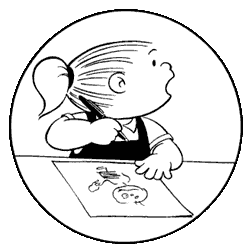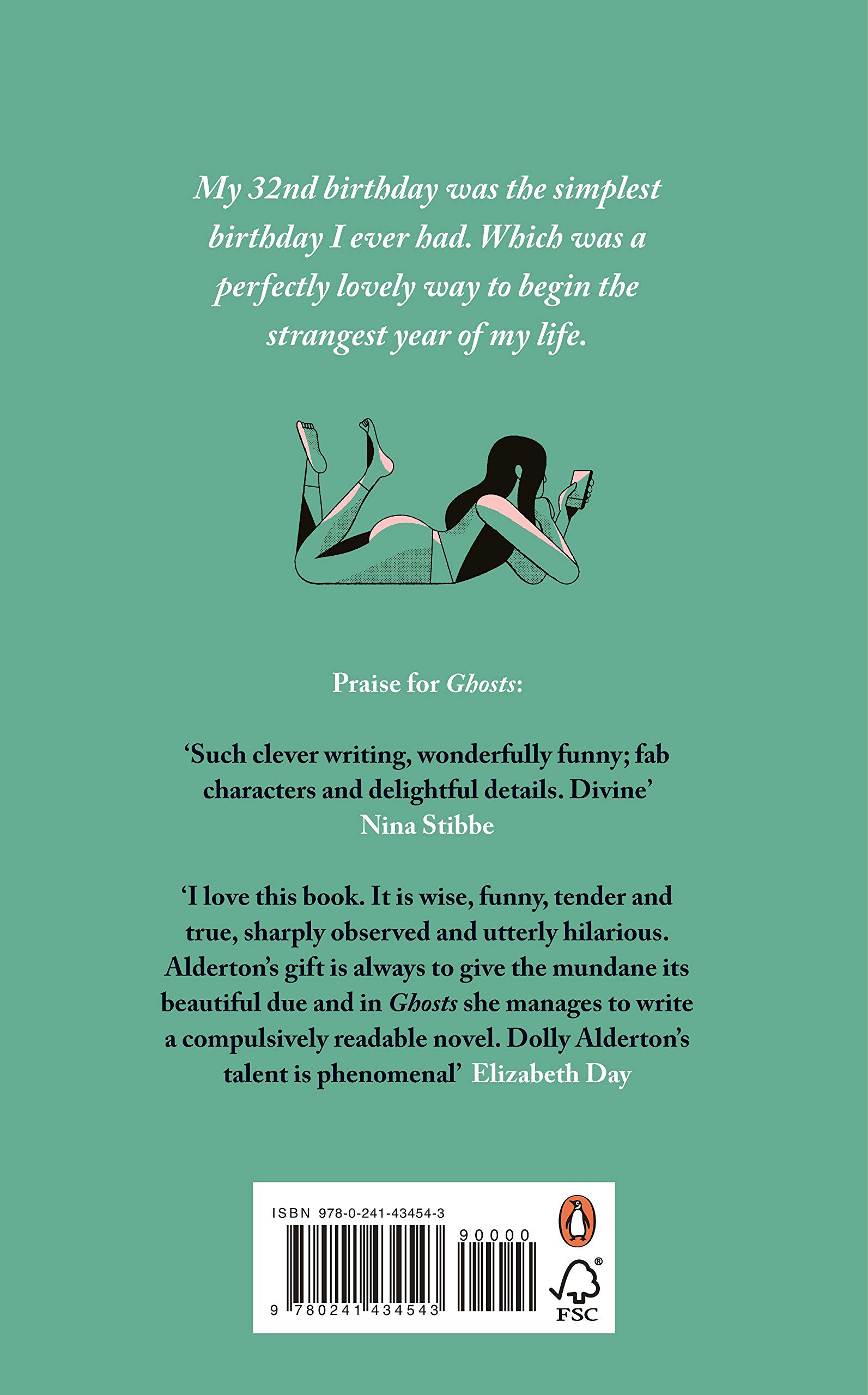
Then, also, there’s this sense of the gender politics of ghosting. As much as you try and discount that, as much as you don't want to look at romance in that way, that’s a fact of what it is. Which then makes dating an entirely different activity, sociologically. But if you're a woman who's looking for a very traditional set-up of how to have children - i.e with a man, who is a living co-parent and romantic partner - there is an uncomfortable truth about entering your 30s and beyond which is that whether you like it or not, if that's what you know you want, dating becomes a tool in which to find it within a finite window. I mean, of course, this doesn’t apply to all women, there are loads of other ways to have children and a family.

Mc: You mention the difference between experiencing ghosting in your 20s and 30s. I was interested in the psychology of ghosting and how that played out differently when you're in your 30s, as opposed to in your 20s. That felt like a very rich ground for a story. It's like a mystery that traumatises and terrorises you one that you're desperate to solve. You're always looking for suspense in a book and anyone who's been ghosted knows there’s nothing more compelling, horrifying, confusing and enigmatic. I also thought it lends itself to a really neat and exciting narrative structure. And I wanted to look at the gender politics and the psychology within that.


I just started thinking about ghosting, and how prevalent it is. Marie claire: Where did you start with Ghosts? What was the inspiration?ĭolly Alderton: It came to me really, really fast. Here, marie claire chats with the inimitable writer about how the book came to be, the gender politics of ghosting, fighting for sex scenes and what she hopes people take away from her debut novel. But it’s also the subject of The High Low co-host, Sunday Times columnist and award-winning author of Everything I Know About Love Dolly Alderton’s first foray into fiction, Ghosts.


 0 kommentar(er)
0 kommentar(er)
